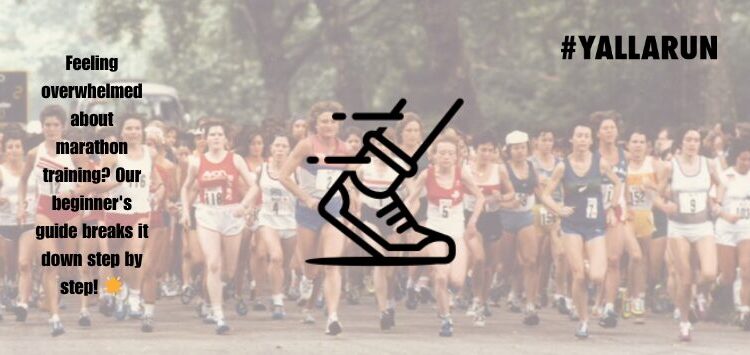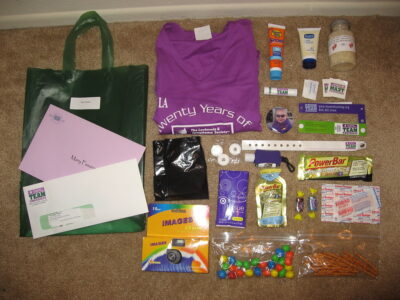
Training for your first marathon is an exciting journey that demands dedication, proper planning, and a positive mindset. As you gear up to conquer those 26.2 miles, understanding the fundamentals of marathon training can make all the difference. This guide will walk you through essential steps, tips, and insights to help you prepare effectively for your first marathon.
Understanding the Marathon
A marathon is a long-distance race that covers a distance of 26.2 miles (42.195 kilometers). The event not only tests your physical endurance but also challenges your mental resilience. As a beginner, it’s crucial to respect the distance and approach your training with a structured plan.
Setting Your Goals
Before you lace up your running shoes, it is essential to set realistic goals. Consider the following factors when establishing your objectives:
- Finishing Time: While aspiring to finish under a certain time is great, it’s okay to prioritize simply finishing your first marathon.
- Experience Level: Assess your current fitness and running experience. If you are new to running, your primary goal might be to complete the race.
- Motivation: Identify what motivates you to run a marathon. Whether it’s personal achievement, fundraising, or camaraderie, keeping your motivation in mind can help sustain you through training.
Creating a Training Plan
A well-structured training plan is crucial for first marathon success. Most plans span 16 to 20 weeks and include a mix of long runs, speed work, cross-training, and rest days. Here’s a breakdown of key components:
Long Runs
Long runs are the cornerstone of marathon training. These runs increase in mileage each week, allowing your body to adapt to prolonged distances. Aim to gradually increase your long run by 10% each week, and include a “cut-back” week every three to four weeks, where you reduce the mileage.

Weekly Mileage
Establish a weekly mileage target based on your level of fitness. Beginners may start with 15-20 miles per week, with peak weeks reaching 30-40 miles as the race approaches. Consistency is key here; aim to gradually increase your overall weekly mileage.
Speed Work
Incorporate speed workouts to build strength and improve your pace. Common forms of speed work include tempo runs, interval training, and fartleks. These workouts boost your cardiovascular fitness and enable your body to run at a faster pace.
Cross-Training
In addition to running, include cross-training activities in your routine. Activities such as cycling, swimming, yoga, or strength training can increase your overall fitness and reduce the risk of injury by balancing muscle use.
Rest and Recovery
Rest days are just as important as your training days. Schedule at least one to two rest days weekly to allow your body to recover and adapt. Listen to your body; if you feel overly fatigued or experience pain, consider incorporating additional rest as needed.
Nutrition for Runners
Proper nutrition is crucial during marathon training. A balanced diet supports your training efforts and aids in recovery. Here are some nutritional strategies to consider:
Carbohydrates
Carbohydrates are the primary fuel source for endurance running. Focus on complex carbohydrates such as whole grains, fruits, and vegetables. Carb-loading before long runs and the marathon itself can help maximize your energy stores.
Protein
Contain adequate protein in your diet to support muscle repair and recovery. Lean meats, fish, dairy products, legumes, and nuts are excellent sources of protein. Aim to consume protein post-workout to help your muscles recover.

Hydration
Stay hydrated! Proper hydration is essential, especially during long runs. Develop a hydration plan that includes both water and electrolyte replacement beverages. Learn to listen to your body’s thirst cues, and hydrate regularly throughout the day.
Preparing Mentally
Training for a marathon is as much a mental challenge as it is physical. Here are some strategies to bolster your mental strength:
Visualization
Imagine yourself successfully completing the marathon. Visualization can help you mentally prepare for the race and create a positive mindset.
Mental Strategies
Develop mental strategies for race day. These could include positive affirmations, mantras, or coping techniques to employ during tough moments. Remember to focus on your effort, not just the distance remaining.
Support System
Surround yourself with a supportive network. Share your goals with friends, family, or a local running group. Having a support system can keep you motivated and accountable throughout your training journey.
Race Day Preparation
As race day approaches, make sure you are well-prepared. Pay attention to the following details:
Tapering
Tapering is the process of gradually reducing your mileage in the few weeks leading up to the marathon. This allows your body to recover and store energy while maintaining fitness.
Gear Check
Ensure you have the right gear for race day, including well-fitted running shoes, moisture-wicking clothing, and any other race essentials (e.g., hydration packs, nutrition gels). Test your gear during long runs to avoid surprises on race day.
Plan Your Race Strategy
Decide on a pacing strategy before race day. Many beginners aim for a steady pace, while more experienced runners might employ a negative split strategy, running the second half faster than the first.

Post-Race Recovery
Congratulations on completing your first marathon! Now it’s time to focus on recovery:
Cool Down
Take time to cool down after the race, performing gentle stretches to help alleviate muscle tightness.
Hydration and Nutrition
Focus on rehydrating and replenishing your energy stores post-race. Consuming a balanced meal with protein and carbohydrates within an hour of finishing will aid recovery.
Reflect
Take time to reflect on your marathon experience. Consider what worked well and what you might change for future races. Celebrating your accomplishment is important; don’t forget to treat yourself!
Conclusion
Training for your first marathon is a journey that requires commitment, patience, and perseverance. By following a well-structured training plan, focusing on nutrition and recovery, and cultivating a positive mindset, you will set yourself up for success. Enjoy the process, savor each training milestone, and remember that crossing that finish line will make all the hard work worthwhile.

Leave a Reply